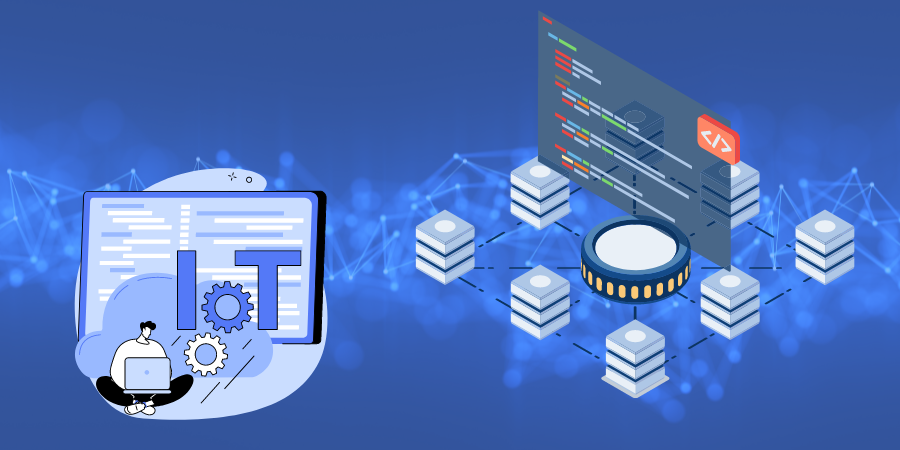
Blockchain technology is one of the most talked-about developments in recent years. What is it? Simply put, it’s a distributed database that allows for secure, tamper-proof transactions. One of the most compelling reasons to use blockchain is its ability to integrate with the internet of things (IoT). IoT refers to the network of physical objects and devices connected to the internet. These devices can include everything from smart homes to industrial machines. When you combine blockchain with IoT, you have a platform that can securely track and monitor these objects. This not only makes it easier to manage and secure these assets but also allows companies to optimize their operations in ways that were not possible before. If you are interested in learning more about how blockchain can benefit your business vis-à-vis IoT usage, read this blog post.
How is Blockchain Used in IoT?
Blockchain technology is being used in many industries, including the Internet of Things (IoT).
-
One-way blockchain is being used in IoT to create tamper-proof records of transactions. This is done by using a distributed ledger. Multiple nodes verify transactions on a blockchain before they are added to the ledger.
-
Another everyday use for blockchain in IoT is authentication. Devices connected to the internet must be authenticated before other devices or users can access them. This process involves verifying the device's identity and that it has not been tampered with since it was last checked. Blockchain can be used to perform this authentication process quickly and securely.
Some Real-World Applications of Blockchain in IoT
The potential of blockchain in the internet of things (IoT) is massive. Here are some real-world applications of blockchain in IoT.
Supply Chain Management
A global business could use a blockchain to manage its supply chain and ensure that all parties share accurate and timely information. This could include tracking items from the production line to the consumer.
Vehicle Tracking
Companies could use a blockchain to track vehicles throughout the supply chain, from manufacture to delivery. This would allow for better inventory management and the prevention of fraud.
Patient Data
Healthcare providers could use a blockchain to track patient data across various platforms, including hospitals, clinics, and insurance companies. This would improve safety and efficiency by reducing data duplication.
How is the Future of IoT Dependent on the Blockchain?
The IoT revolution is well underway, with billions of devices in use and more being added daily. But how is the future of IoT dependent on a blockchain?
To start with, blockchain technology can help to secure IoT transactions. Since everything that happens in an IoT network is transparent and secure, it's a natural place for smart contracts to take hold. These contracts allow devices to interact autonomously with one another and make decisions based on pre-determined conditions.
As the ecosystem for blockchain expands, so does its potential for disrupting many industries. For example, healthcare could benefit from using blockchain to track medical data. By doing this, providers could improve patient safety and reduce costs associated with managing data.
Overall, IoT's future looks promising thanks to the potential that blockchain has to offer. With the clever implementation and plenty of innovation, we can see a world where everything from transportation to agriculture is controlled by smart devices powered by blockchain technology.
Benefits of Blockchain in IoT
The potential benefits of blockchain in IoT range from the obvious (security and transparency) to the more subtle (efficiency and cost savings). Here are just a few examples:
Security
Blockchain offers a secure way to manage data interactions between devices and between devices and the cloud. This is especially important in IoT settings, where devices can be connected to external networks with little or no security oversight.
Transparency
Every interaction between devices on a blockchain network is visible and traceable, which makes it an ideal way to track device performance and identify any unexpected behavior. This transparency also makes it possible to audit the actions of devices and individual users.
Efficiency
Because every action on a blockchain network is recorded chronologically, it can be used to handle complex transactions involving many devices efficiently. For example, a food supplier could use blockchain technology to manage logistics tracking for shipments of food products.
Cost Savings
Blockchain can save businesses time and money by reducing the need for third-party verification or reconciliation. For example, a company that sells products online could use blockchain technology to track inventory levels directly from the warehouse floor.
Conclusion
With the number of companies and industries looking to adopt blockchain technology to improve their efficiency, it's no wonder IoT is becoming so important. Blockchain provides a secure and transparent platform for exchanging data between devices, which can automate various processes and help businesses save on costs. In addition, IoT allows companies to track things such as product quality, delivery times, and more. As we move closer toward a world where all forms of information are tracked and processed through smart devices, using blockchain technology will be essential in ensuring trust throughout the process.







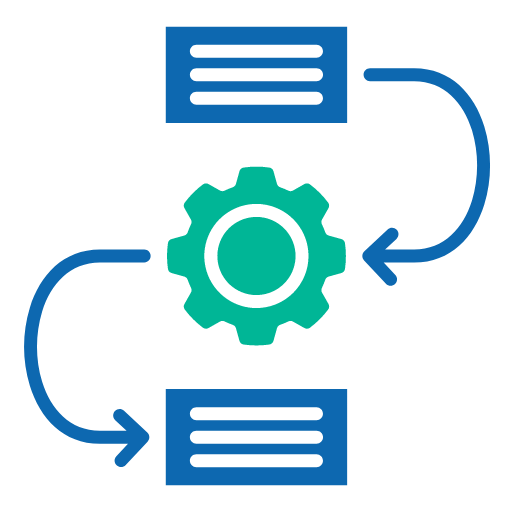


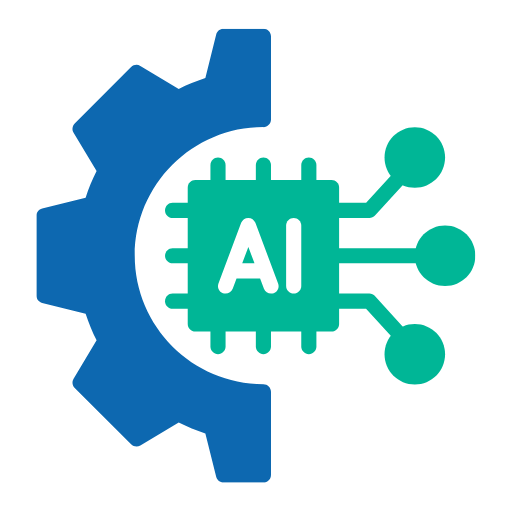









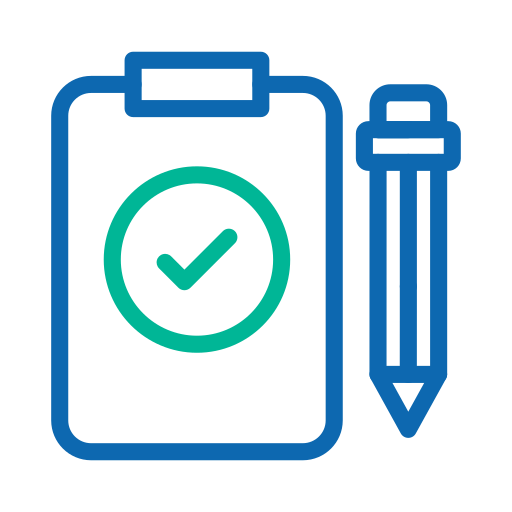
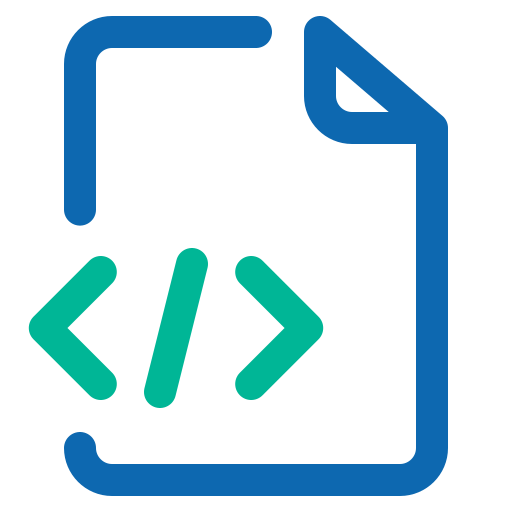




 Batoi Research Group
Batoi Research Group